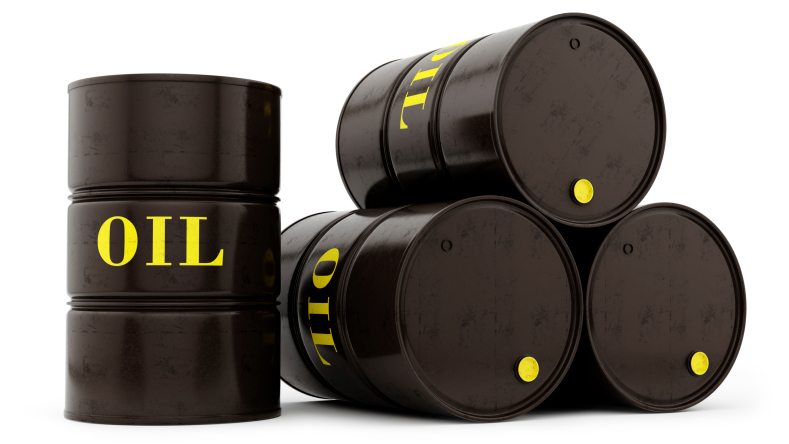
West Texas Intermediate (WTI) crude oil set a new 52-week low on Thursday at $48.21, nearly 50% below its high of $94.88 in the same period. That means that the billions of barrels of oil and natural gas that oil companies own are worth about 50% less than they were a year ago.
As bad as oil prices have been, natural gas prices have not fared much better. Natural gas closed at $2.82 per million BTUs on Thursday, more than a dollar per million BTUs below the year ago price of $3.93.
These adjustments to the two companies’ asset values are, however, just one element in the total picture. Because shareholders often care most about dividends, Chevron’s 4.6% dividend yield looks a lot better than Exxon’s 3.6% yield. The issue, of course, is how long the two companies can maintain those yields with oil price below $50 a barrel and natural gas below $3 per thousand cubic feet.
ALSO READ: With Natural Gas Demand Growing, 4 Preferred Stocks to Buy
On the basis of their forward price-to-earnings (P/E) ratios, the two companies are roughly equal, with a ratio of 15.47 for Chevron and 15.28 for Exxon. Historically, forward P/E for these two companies falls in a range of 11 to 12. Comparing price-to-book ratios for both, Exxon’s P/B is 1.98, compared with Chevron’s 1.12.
When it comes to those dividend payments, cash on hand is good metric to consider. Exxon reported about $5.2 billion cash at the end of the first quarter, while Chevron reported $13.1 billion. Exxon’s annual dividend of $2.92 is paid on about 4.2 billion shares outstanding and totals about $12.3 billion a year. With operating cash flow of $38 billion over the past 12 months, Exxon faces no significant danger of reducing or eliminating its dividend.
Chevron’s annual dividend is currently $4.28 and the company has about 1.88 billion shares outstanding. That works out to about $8.05 billion in annual dividend payments. Chevron’s operating cash flow was $25.38 billion, so its dividend is not in much danger either.
Share price gains are less encouraging. At Exxon, the consensus price target on the stock is $92.35. At Thursday’s closing price of $81.14, the potential upside on the stock is 13.8%.
Chevron stock closed at $92.94 on Thursday, and the consensus price target is $110.17, which pencils out to an implied gain of about 18.5%.
On the basis of dividend yield alone, Chevron looks like a better choice. And at a P/B ratio of 1.12, the stock also appears to be a better value.
ALSO READ: 5 Long-Term Opportunities Forming in MLPs
The catch is which direction the price of oil decides to take. Both stocks are more likely candidates for buy-and-hold investors, but again, the price of oil will determine share price growth.
Both Exxon and Chevron are set to report second-quarter results on Friday, July 31. Exxon is expected to post earnings per share of $1.06 on revenues of $72.48 billion, compared with per-share earnings of $2.05 and revenues of $111.65 billion in the second quarter of 2015.
Chevron is tagged to post earnings per share of $1.08 on revenues of $30.91 billion, compared with per-share earnings of $2.98 and revenues of $57.94 billion in the year-ago quarter.
Want to Retire Early? Start Here (Sponsor)
Want retirement to come a few years earlier than you’d planned? Or are you ready to retire now, but want an extra set of eyes on your finances?
Now you can speak with up to 3 financial experts in your area for FREE. By simply clicking here you can begin to match with financial professionals who can help you build your plan to retire early. And the best part? The first conversation with them is free.
Click here to match with up to 3 financial pros who would be excited to help you make financial decisions.
Have questions about retirement or personal finance? Email us at [email protected]!
By emailing your questions to 24/7 Wall St., you agree to have them published anonymously on a673b.bigscoots-temp.com.
By submitting your story, you understand and agree that we may use your story, or versions of it, in all media and platforms, including via third parties.
Thank you for reading! Have some feedback for us?
Contact the 24/7 Wall St. editorial team.



